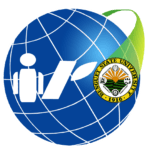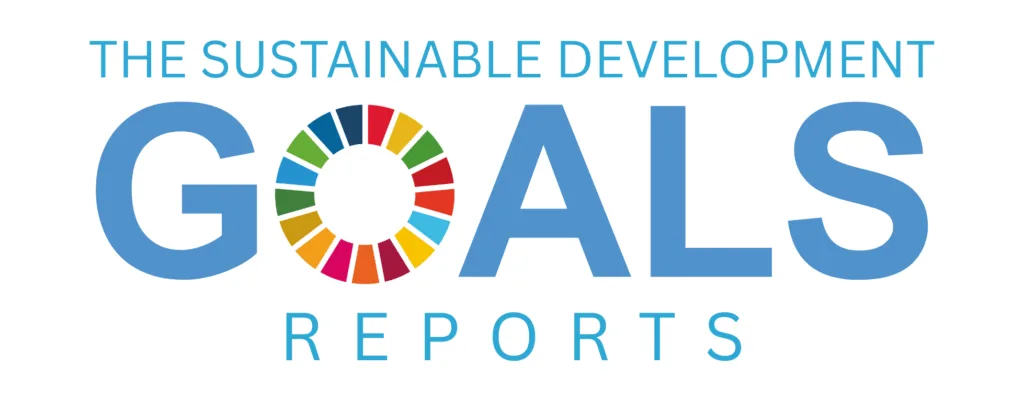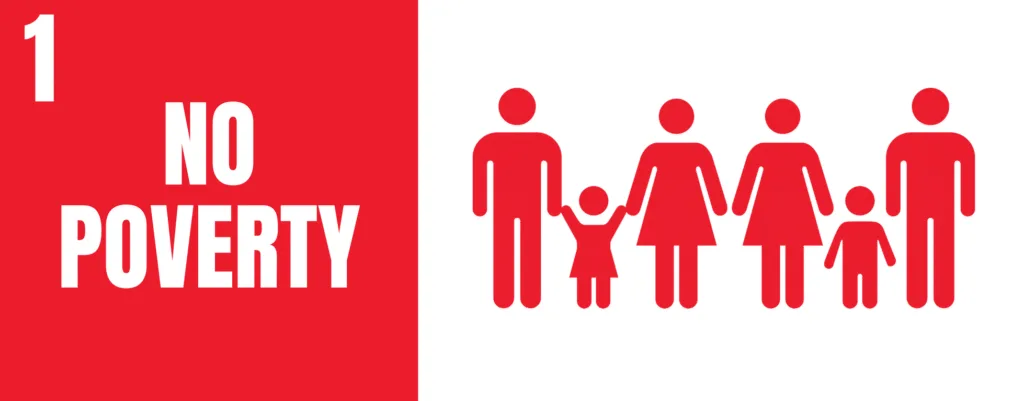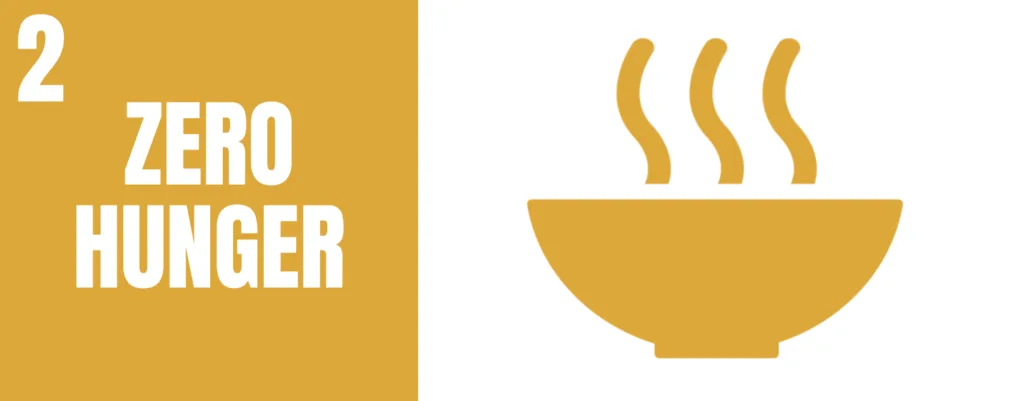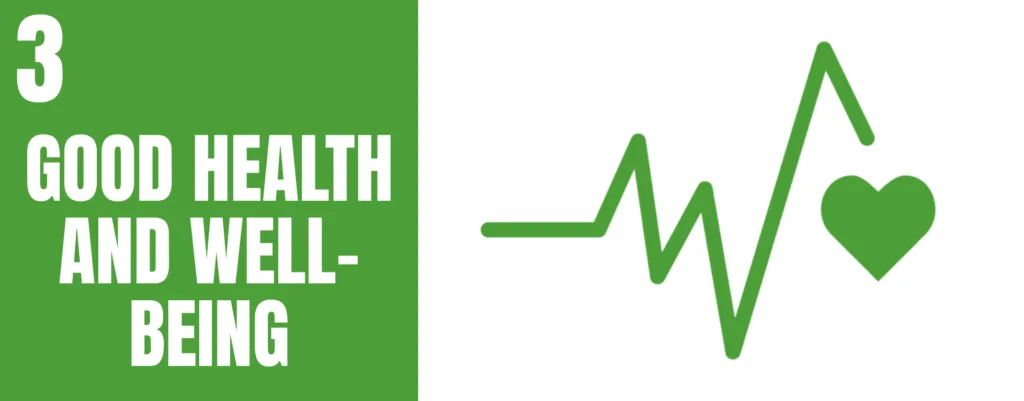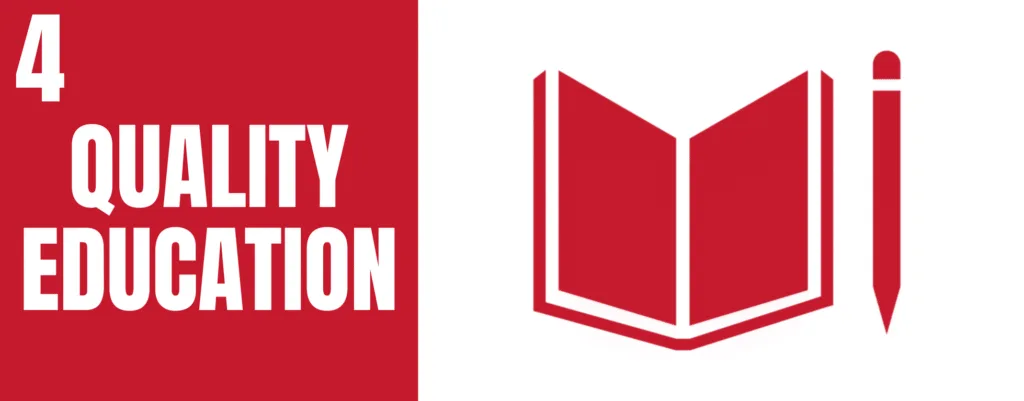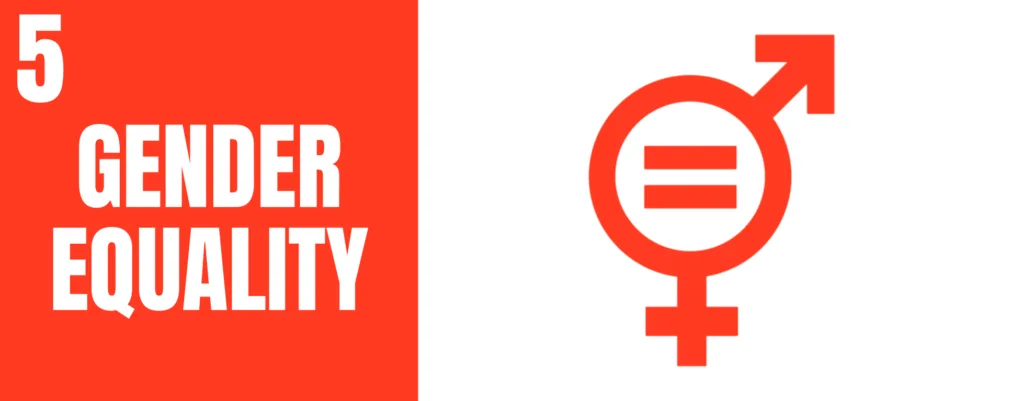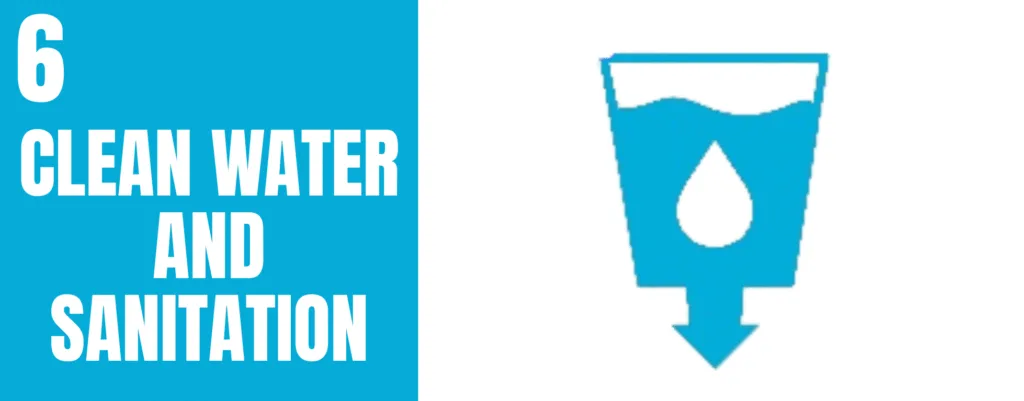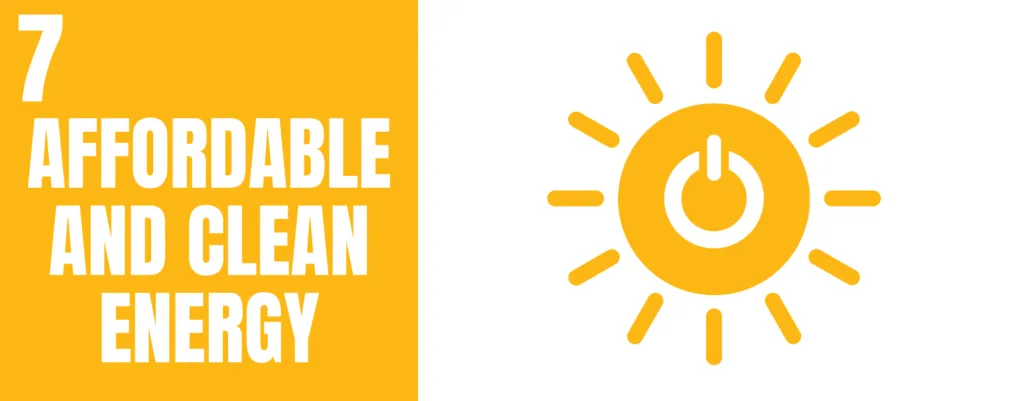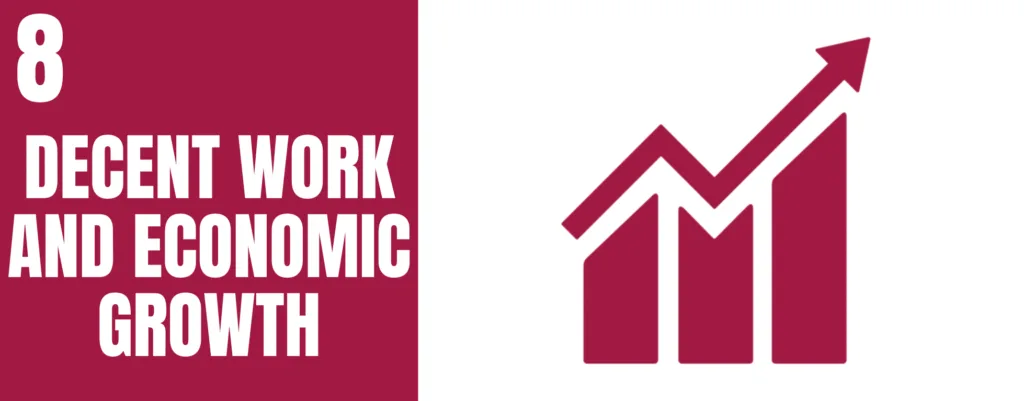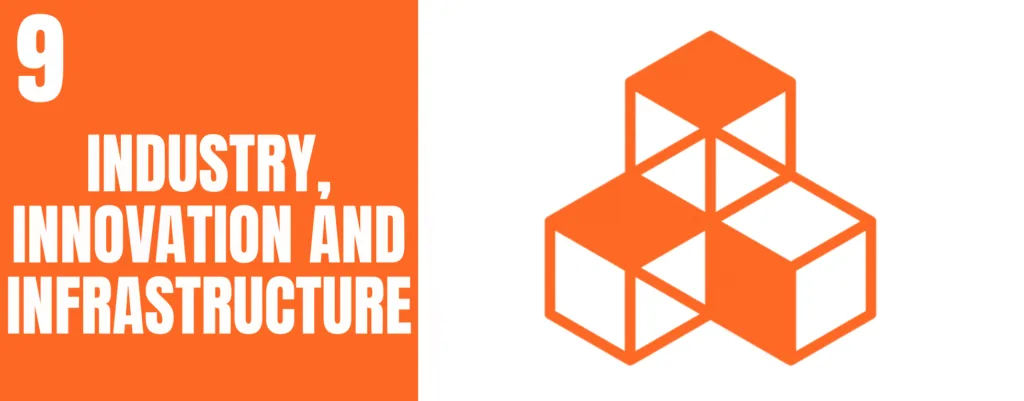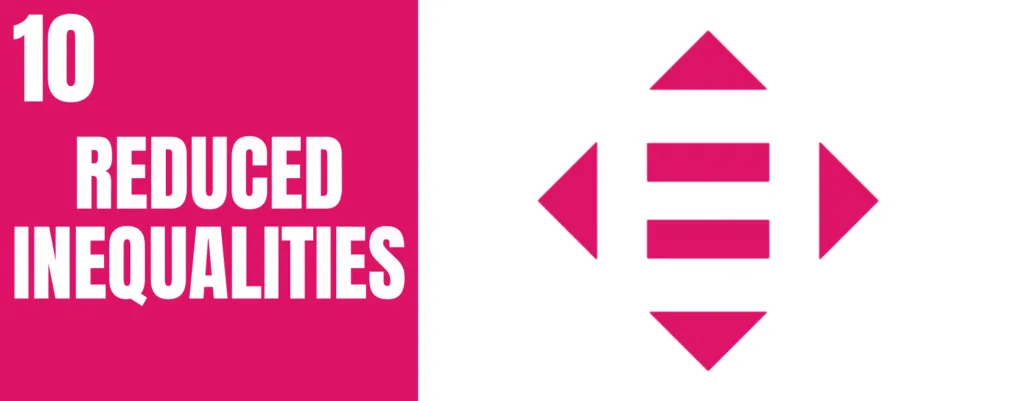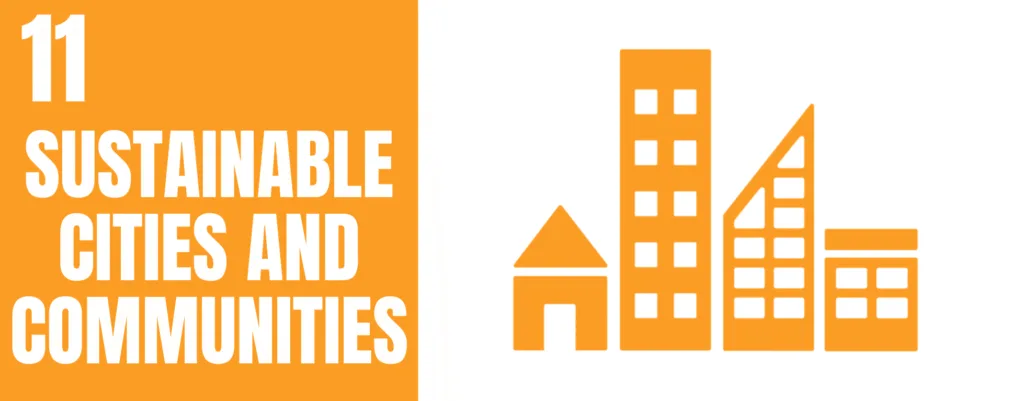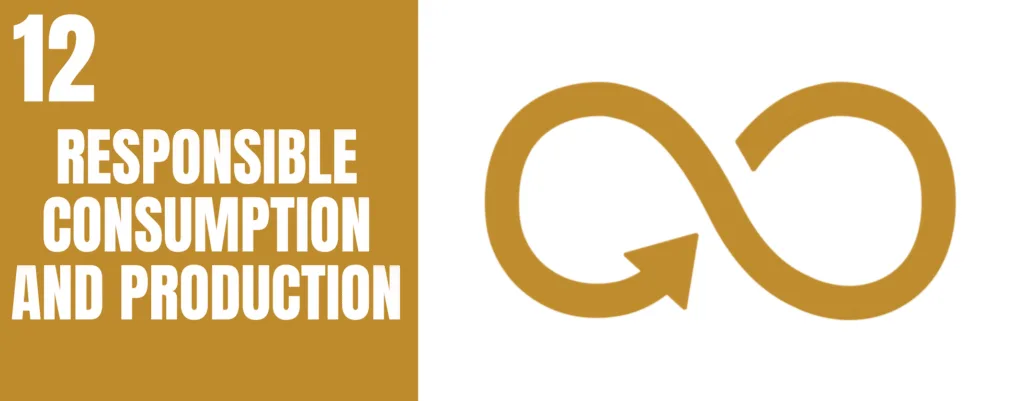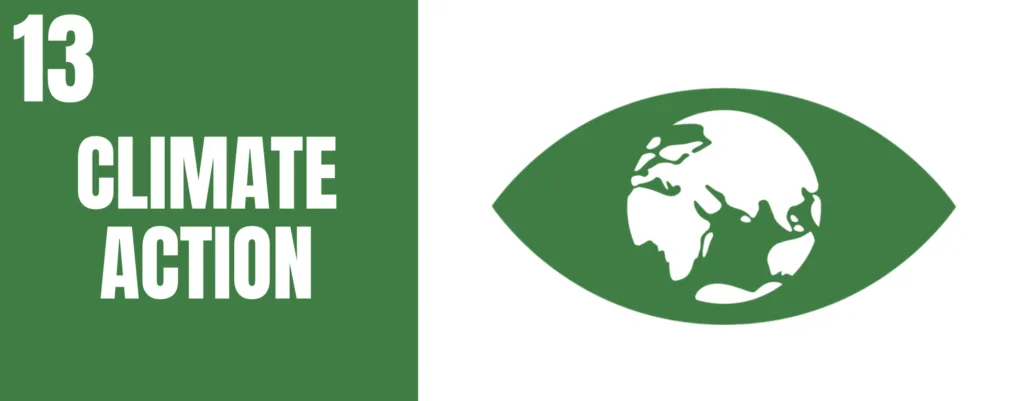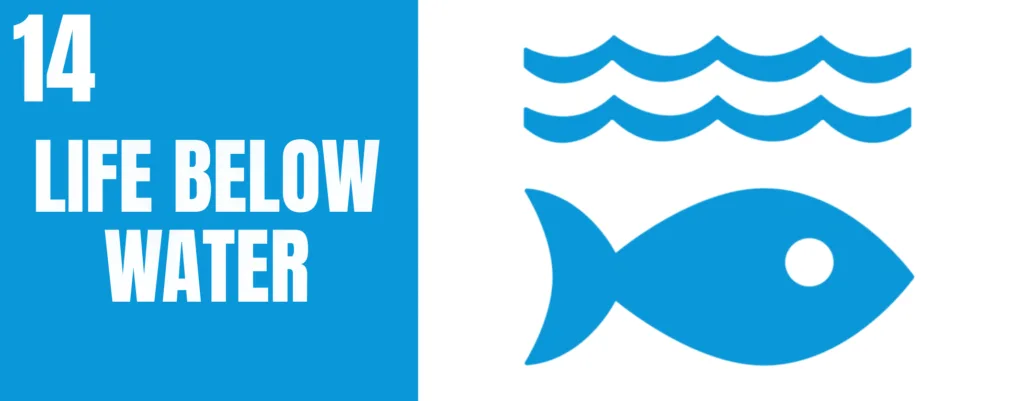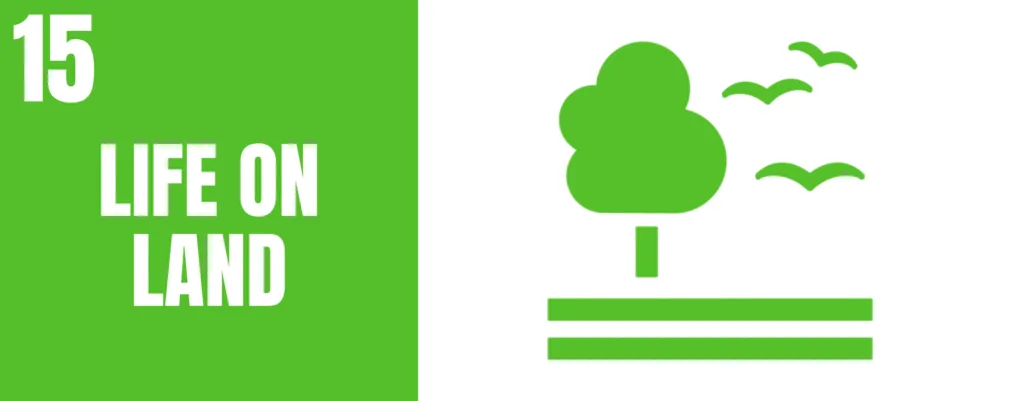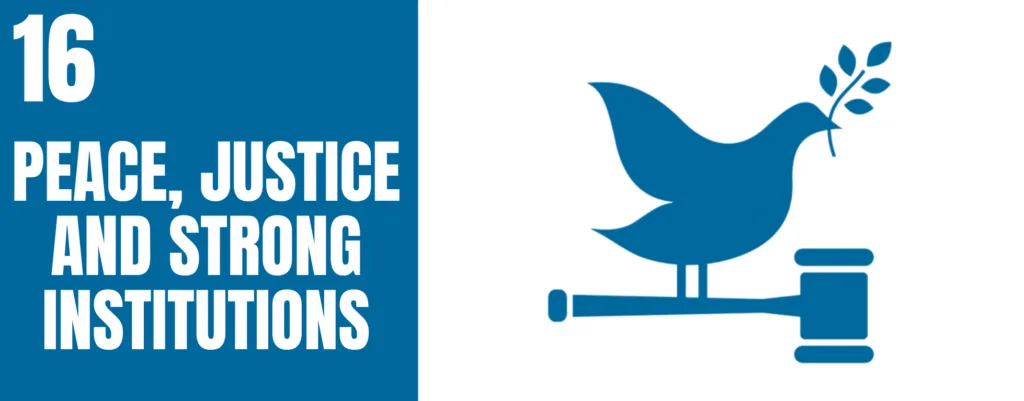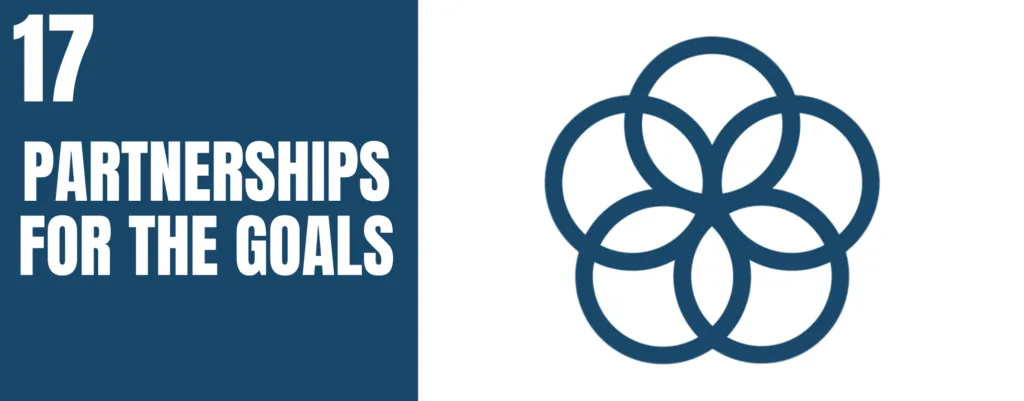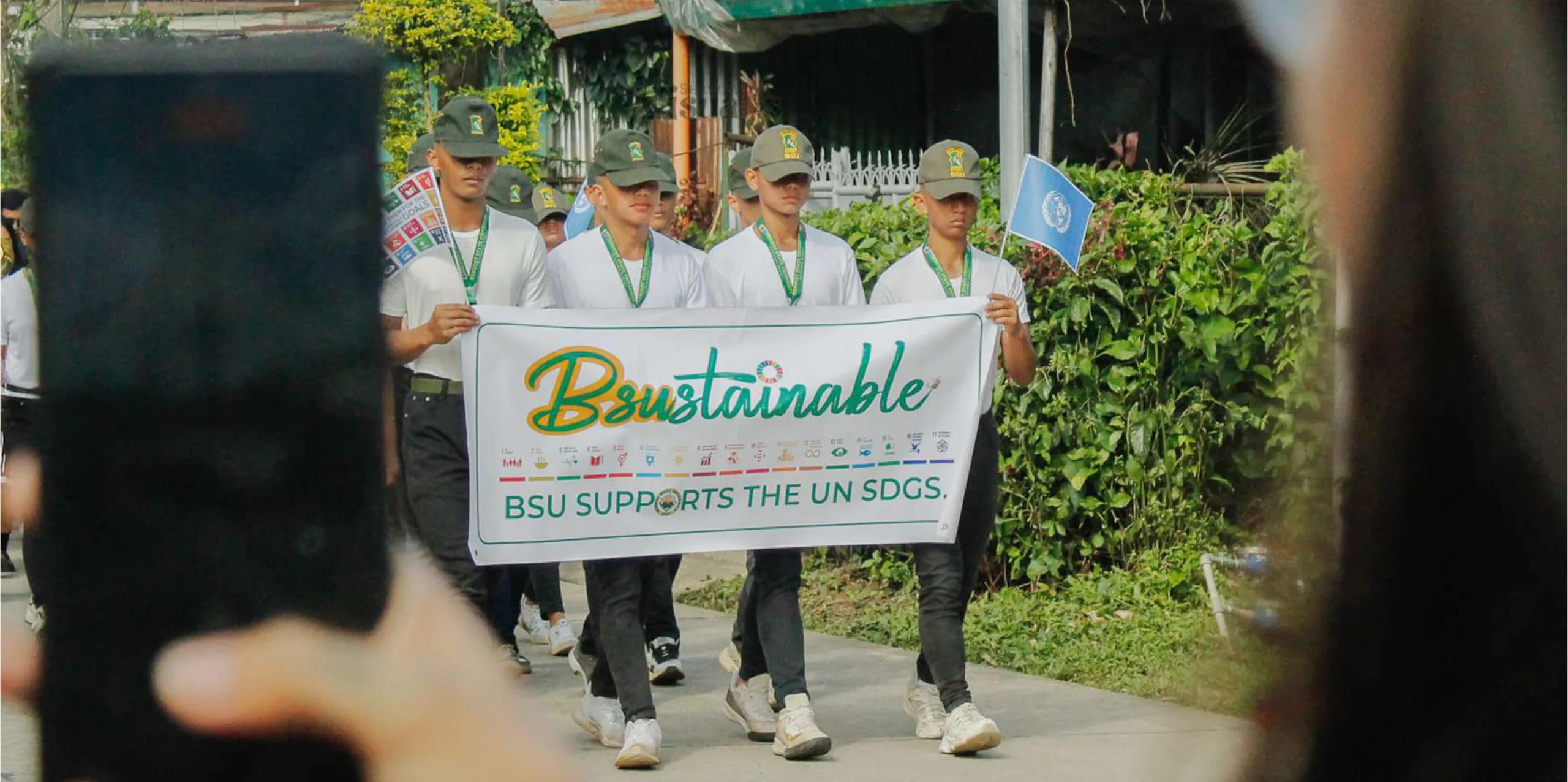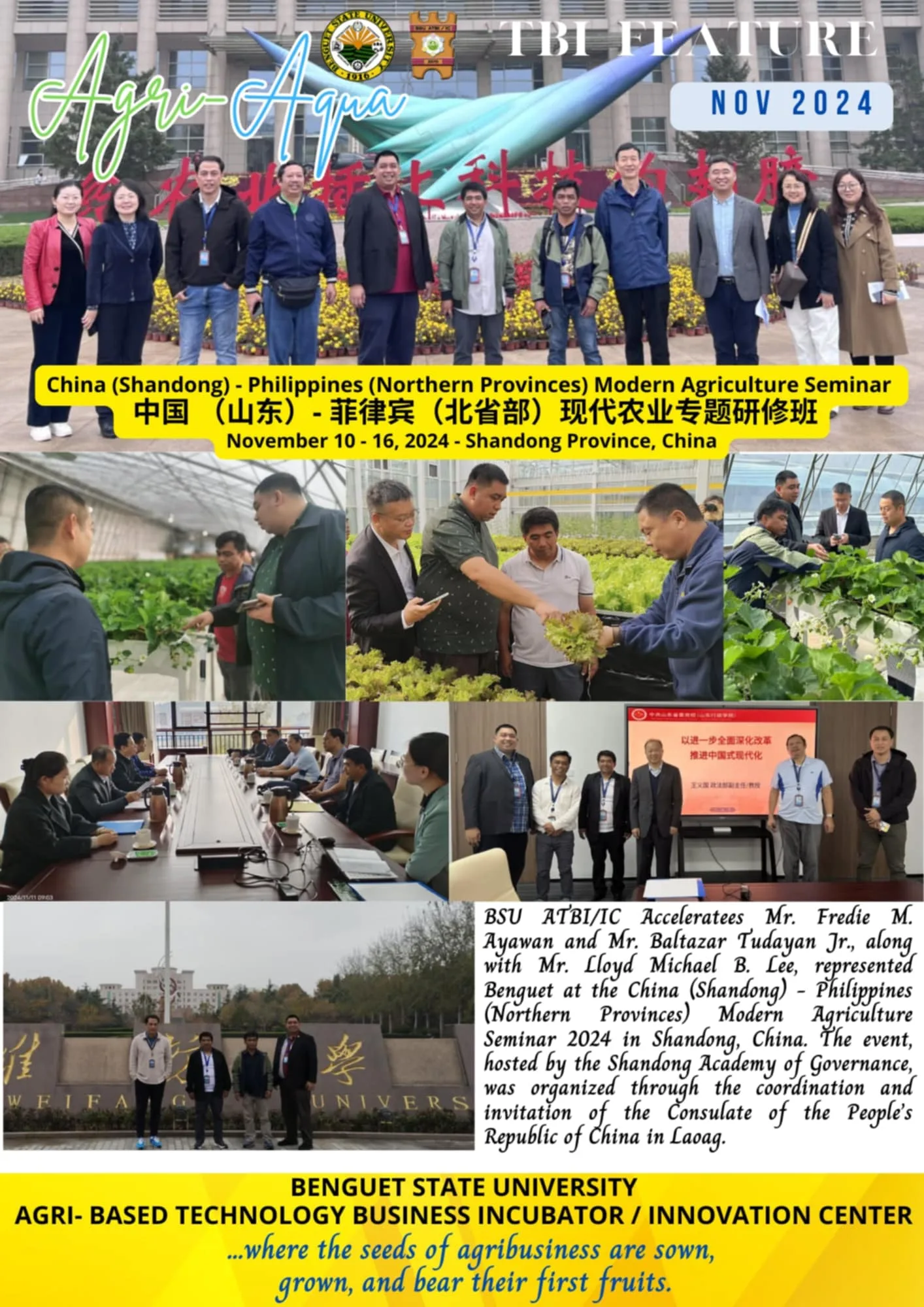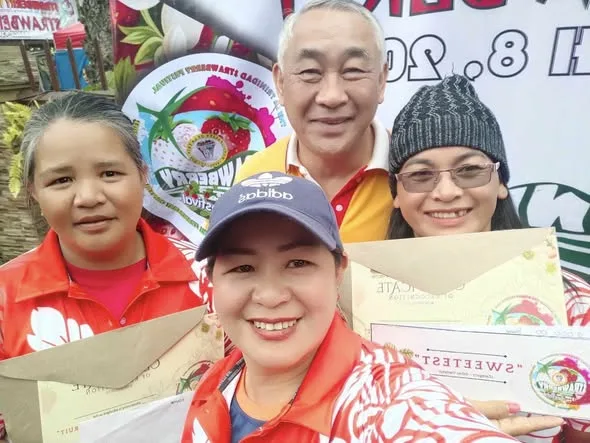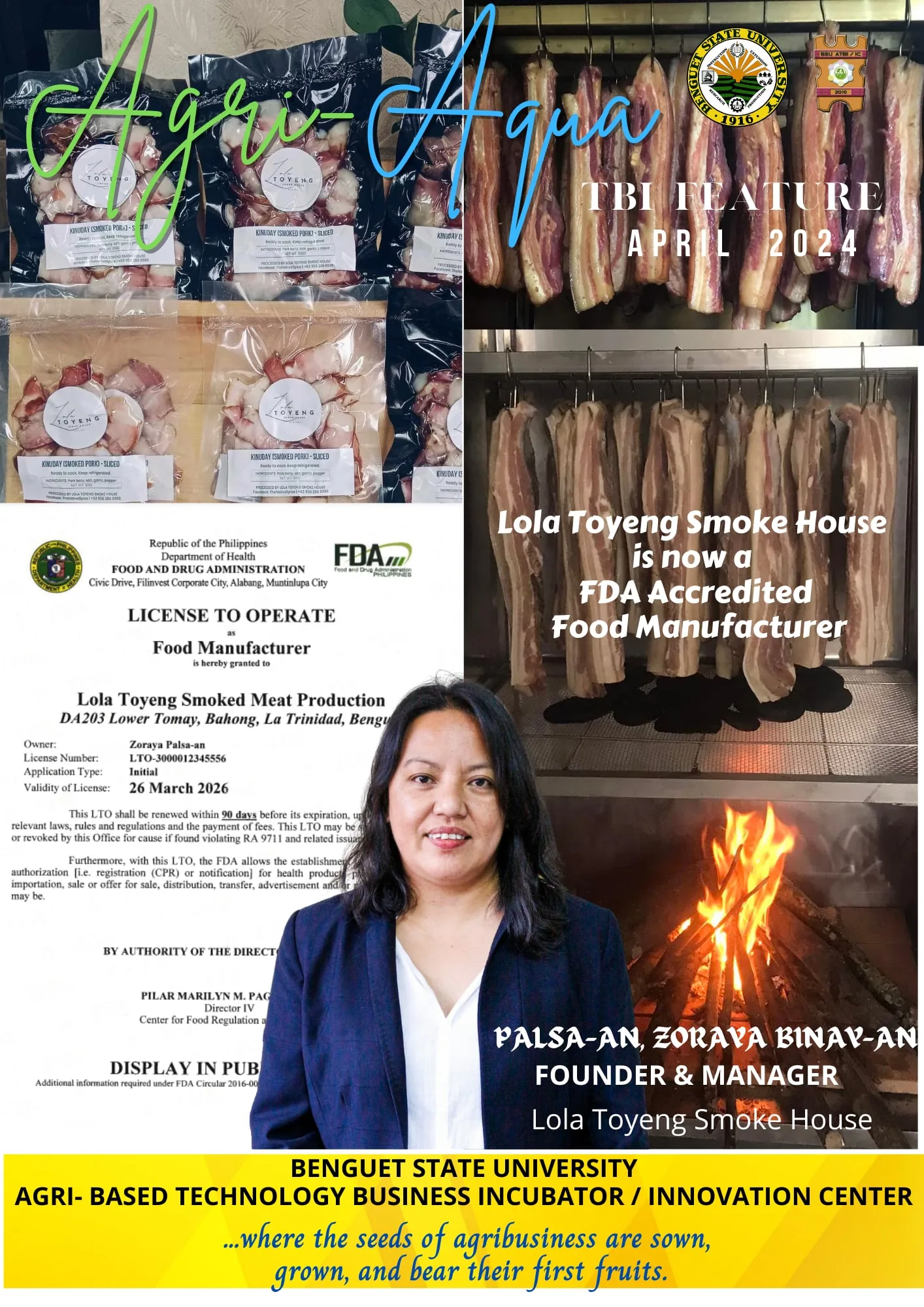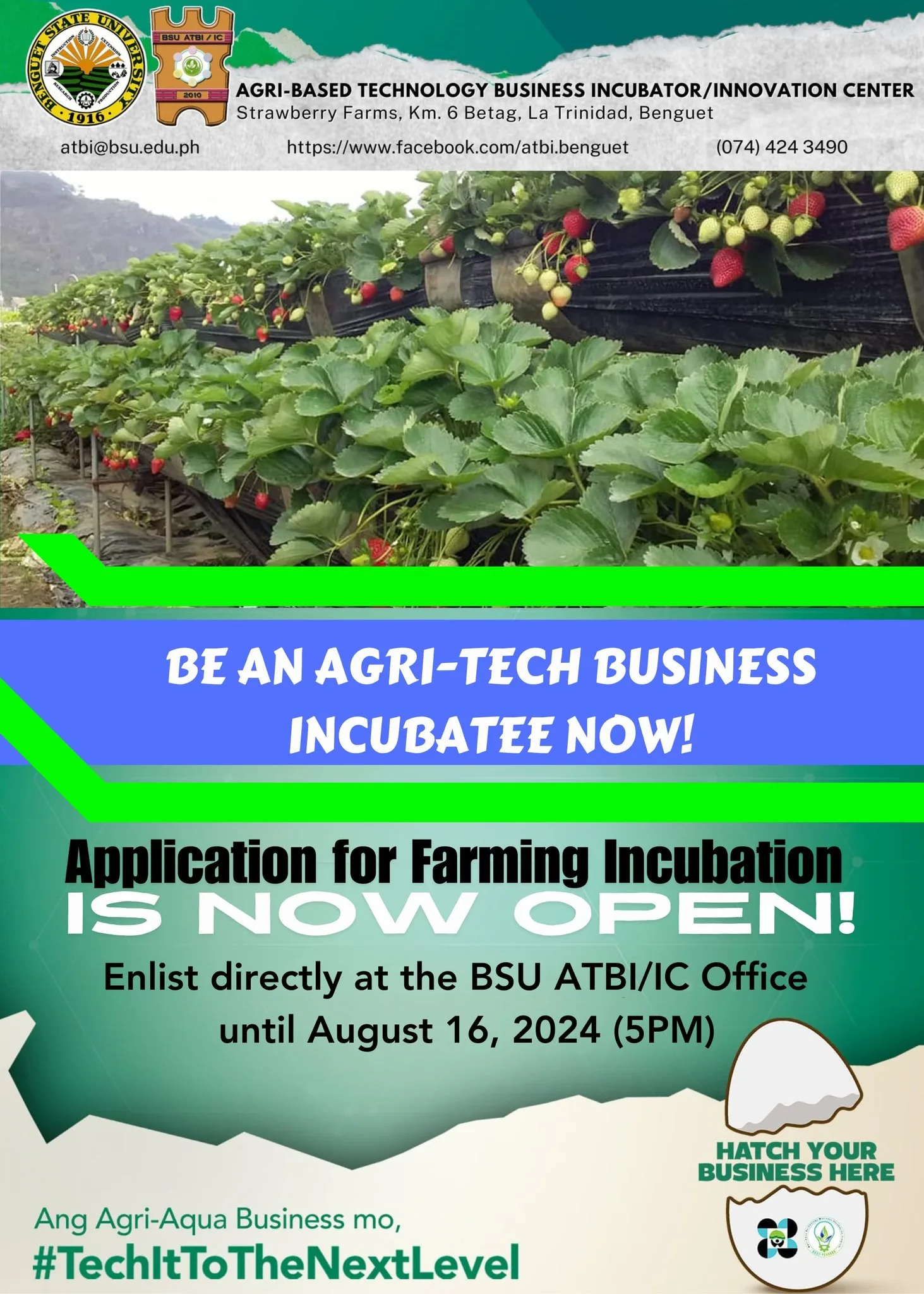SDG 1: NO POVERTY
Benguet State University (BSU) has significantly contributed to Sustainable Development Goal (SDG) 1: No Poverty, by serving as an employer and an economic hub within its community. The university provides employment opportunities to local residents, including those from poorer backgrounds, thereby supporting income generation and economic stability. Additionally, BSU offers accessible, quality education and training programs aimed at empowering marginalized populations. Through these initiatives, the university helps to break the cycle of intergenerational poverty by equipping individuals with the skills and knowledge necessary for sustainable livelihoods. By fostering local economic development and providing educational opportunities, BSU plays a vital role in reducing poverty and promoting inclusive growth in its community.
Proportion of Students Receiving Financial Aid
The Benguet State University implements the provisions of Republic Act 10931 (or the Free Higher Education Law), where all qualified and admitted students who come from poor families are able to enjoy free higher education. Payment of school fees, including tuition and other school fees are not required from qualified students under this statutory provision. More than 70% of students meet the qualifications for their benefit. Undergraduate students whose families are classified as “very poor” and “poor” as well as students whose families are classified as “near poor” are the beneficiaries of free higher education. Scholarships and grants for financially constrained graduate school students are also available to assist them as they finish their graduate school degrees.
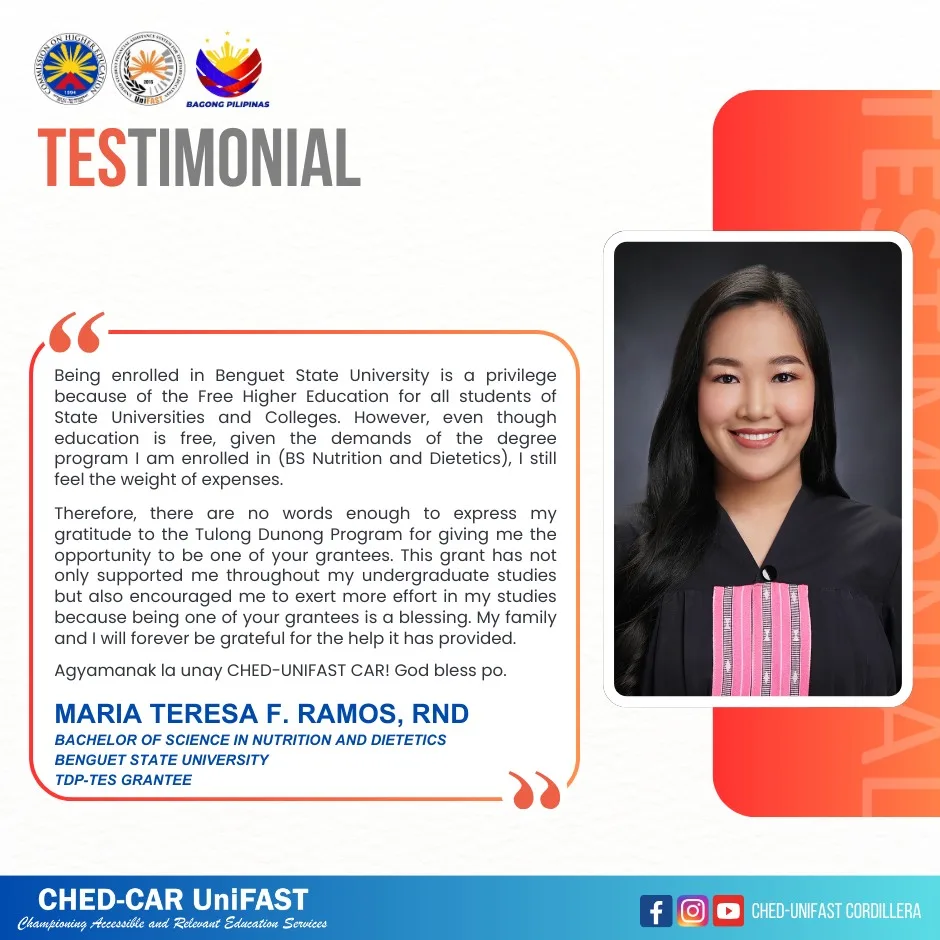
University Anti-poverty Programmes
Benguet State University upholds the principles of Republic Act No. 10931, also known as the Universal Access to Quality Tertiary Education Act. Through this law, all qualified and admitted students, particularly those from economically disadvantaged families are granted free higher education. Tuition and other school fees are fully subsidized, ensuring that financial limitations do not hinder deserving students from pursuing quality tertiary education and breaking the cycle of poverty through learning.
The Benguet State University Student Housing Unit (SHU) provides vital support to students from low-income families by offering affordable and secure on-campus accommodation. The dormitories admit both male and female students, primarily serving those from distant areas who are financially unable to rent private housing. This initiative ensures that economic constraints do not hinder students’ access to a safe and conducive learning environment.
Beyond housing, the SHU fosters holistic student development by maintaining an atmosphere conducive to study, social interaction, and group living. It promotes residents’ intellectual growth, physical well-being, and social advancement through structured dormitory guidelines, guidance and counseling services, and regular monitoring of student welfare.
The SHU also organizes socio-cultural and recreational activities such as seminars, sports events, and cultural gatherings that promote community building, discipline, and personal growth. Through these comprehensive services, Benguet State University demonstrates its commitment to supporting students from low-income backgrounds, ensuring their comfort, well-being, and academic success.
Source: https://bsu.edu.ph/oss-sws-shu/
Community Anti-poverty Programmes
Local Start-up Assistance
The BSU Agri-based Technology Business Incubator/Innovation Center (BSU-ATBI) is a non-profit service facility in which a number of incubatees/beneficiaries operate new and growing businesses under one roof with affordable rents, shared services, and equipment, and access to a wide range of professional, technical, and financial programs. It provides a venue where public and private resources can combine to meet the needs of small businesses during their early stages of development. Clients are aspiring entrepreneurs, start-up incubatees, early stage company owners, and company owners with the intent to expand their business.
A seminar-workshop on establishing a Regional Agri-Aqua Technology Business Incubator (ATBI) in the Cordillera Administrative Region was held at the BSU ATBI/IC Training Hall on March 25–27, 2024. The event gathered CorCAARRD member institutions to craft the Regional ATBI Operations Manual and introduce the RAISE Program and the ATBI National Program. Project leaders from Ifugao State University, Abra State Institute of Sciences and Technology, and Benguet State University presented their ATBI initiatives, while successful incubatees shared their business journeys.
Later, on November 10–16, 2024, BSU ATBI/IC acceleratees Mr. Fredie M. Ayawan and Mr. Baltazar Tudayan Jr., along with Mr. Lloyd Michael Lee, represented the university at the China (Shandong)–Philippines Modern Agriculture Seminar, promoting agricultural innovation and international collaboration.
Source: Benguet State University-Agribased Technology Business Official Social Media Page
Local Start-up Financial Assistance
The Benguet State University and Community Multipurpose Cooperative (BSUCMPC) is a community-based cooperative established to serve the employees of Benguet State University and the wider Cordillera community. With its main office in La Trinidad, Benguet, and satellite branches in Baguio, Buguias, and Bauko, the cooperative provides accessible financial services that promote economic empowerment and sustainable livelihood among its members.
BSUCMPC offers a range of services, including savings and investment options, multi-purpose and agricultural loans, and social support programs such as hospitalization, calamity, and educational assistance. It also provides business opportunities through rental services, bills payment, and money remittance facilities—helping members improve their financial stability and participate in local economic activities.
The Benguet State University and Community Multipurpose Cooperative Laboratory Cooperative (BSUCMPC Lab Coop) is a youth-focused cooperative under the guardianship of the BSUCMPC, dedicated to promoting the values of cooperativism, skill-building, and community impact among students and young people. Its mission is to encourage youth to “earn while you learn” by offering practical training in essential life skills, providing cooperative knowledge, and running livelihood training and community programs, thus serving as a vital training ground and a role model for other starting youth cooperatives while fostering sustainable growth and collaboration within the university community.
Programmes For Services Access
The Office of the Extension Services (OES) at Benguet State University leads efforts to promote, transfer, adapt, and utilize knowledge and technology developed by the university. Guided by a vision of a dynamic and responsive extension program, OES aims to bridge the gap between technology generators and users. It operates through several divisions: the Training and Outreach Division, which conducts various agricultural and skills training programs and outreach activities; the Technology Diffusion and Commercialization Division, which pilots mature technologies for commercialization and manages the BSU International Guarantee System Center; the Technology Packaging and Information Dissemination Division, responsible for packaging and disseminating technology information through publications and media such as the “Rangtay” and BSU-on-the-Air; and the Monitoring and Evaluation Division, which regularly monitors and evaluates extension projects, maintains a comprehensive database, and supports administrative functions as directed by the OES director.
Policy Addressing Poverty
Benguet State University (BSU) actively contributes to poverty alleviation and economic development through inclusive education, employment generation, and community engagement. As a major regional employer and educational institution, BSU provides opportunities for local residents especially those from low-income backgrounds while ensuring access to quality and affordable education. Through the implementation of Republic Act No. 10931 or the Universal Access to Quality Tertiary Education Act, the university grants free higher education to qualified students from economically disadvantaged families. Guided by its Admission Policy (Acad. Action No. 42 s. 2023), BSU upholds equitable access regardless of age, status, or background. Aligned with the Philippine Development Plan (PDP) 2023–2028 and CHED Memorandum Order No. 55 s. 2016, BSU’s Strategic Internationalization Plan (SIP 2021–2025) integrates inclusive education, skills development, research, and global partnerships to foster employability and innovation, strengthening its role in advancing national efforts toward poverty reduction and sustainable development.
